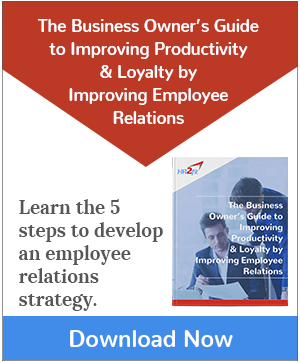Navigating Compliance: HR Services’ Role in Legal Adherence
In the intricate ballet of business operations, compliance with legal standards is a dance that no company can afford to misstep. As the stewards of compliance, HR services play an instrumental role in ensuring that organizations not only understand but also adhere to the ever-evolving legal requirements. This article delves into the crucial role of HR services in maintaining compliance and safeguarding businesses against the repercussions of legal infractions.
HR Services: The Compliance Guardians
The scope of HR compliance is vast, encompassing everything from labor laws and workplace safety to equal employment opportunity and employee benefits regulations. HR services act as the guardians of observance, interpreting complex legal mandates and translating them into actionable policies that businesses can implement seamlessly.
1. Labor Law Compliance:
One of the primary responsibilities of HR services is to ensure adherence to labor laws. This includes maintaining proper employee classifications, managing overtime calculations, and ensuring minimum wage obligations are met. HR plays a vital role in keeping up with changes in labor legislation and adjusting company policies accordingly.
2. Benefits and Compensation Compliance:
HR is also tasked with navigating the legalities surrounding employee benefits and compensation. This entails compliance with laws such as the Affordable Care Act (ACA) and the Employee Retirement Income Security Act (ERISA), among others. HR services must ensure that benefit plans are administered fairly and by the law.
3. Workplace Safety and OSHA Adherence:
The Occupational Safety and Health Administration (OSHA) sets standards for a safe working environment. HR services are responsible for implementing these standards within the workplace, conducting regular safety audits, and providing training to prevent workplace injuries and illnesses.
4. Nondiscrimination and EEO Compliance:
HR services are the frontline defense against discrimination in the workplace. They are responsible for establishing policies that promote diversity and inclusion, ensuring equal employment opportunities, and preventing harassment or discriminatory practices.
The Strategic Approach to Compliance
Navigating compliance requires a strategic approach that includes the following:
- Regular Training and Education: HR services must provide ongoing training to management and employees regarding their rights and responsibilities under the law.
- Effective Record-Keeping: Keeping detailed records is essential for demonstrating compliance during legal scrutiny.
- Proactive Audits and Assessments: Regular internal audits of HR policies and procedures help to identify potential areas of non-compliance before they become issues.
HR services are the linchpin in a company’s compliance strategy, offering the expertise and systems necessary to navigate the complex legal landscape. By understanding and prioritizing legal adherence, HR services protect organizations from costly litigation, fines, and damage to their reputation. Essentially, they ensure that the business continues to operate smoothly, ethically, and within the bounds of the law.







